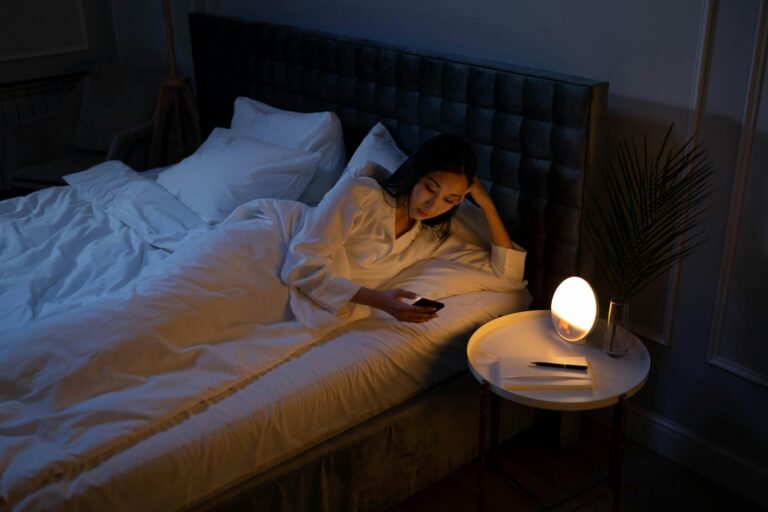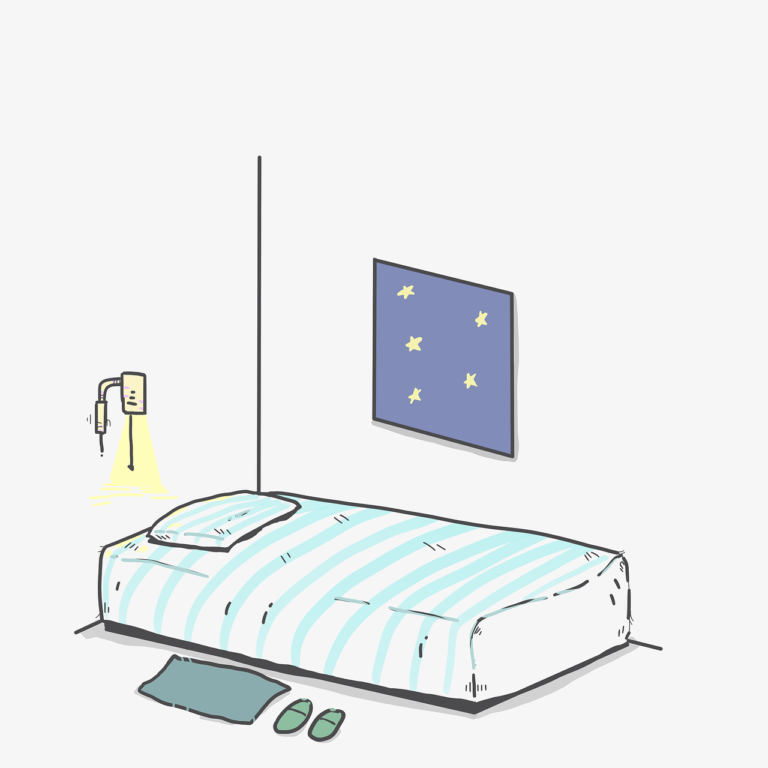What Is The Impact Of Irregular Work Hours On Sleep Quality In Busy Adults?
Have you ever wondered how irregular work hours can affect your sleep quality, especially if you’re an adult with a packed schedule? Many busy adults have to juggle various tasks and responsibilities, and sometimes irregular work hours become part of that equation. The quest to balance work, family, and personal time often leads to disrupted sleep patterns, but what exactly does this mean for your overall health and well-being?
Understanding Irregular Work Hours
Irregular work hours refer to non-traditional schedules that fall outside the typical “9 to 5” workday. This could include night shifts, rotating shifts, or even sporadic and unpredictable hours. While some people may thrive in these situations, many experience difficulty in maintaining a stable sleep schedule, which can lead to sleep deprivation and other health issues.
Why Do People Have Irregular Work Hours?
There are many industries where irregular work hours are the norm, such as:
| Industry | Common Shift Types |
|---|---|
| Healthcare | Night shifts, rotating shifts |
| Hospitality | Night shifts, split shifts |
| Transportation | Long haul driving, early morning and late night shifts |
| Security Services | Overnight shifts |
| Retail | Extended hours, weekend work |
These industries often require round-the-clock staffing to meet operational demands. As a result, workers experience a disruption in their natural circadian rhythms.
The Circadian Rhythm and Its Importance
Your circadian rhythm is your body’s internal clock that regulates the sleep-wake cycle, hormone release, body temperature, and other critical functions. It typically follows a 24-hour cycle and is influenced by light and darkness. When you work irregular hours, it can throw off this rhythm and result in poor sleep quality.
Impact on Sleep Quality
Now that you know what irregular work hours are and why some people have them, let’s examine how they affect sleep quality.
Sleep Deprivation and Its Consequences
One of the most immediate impacts of irregular work hours is sleep deprivation. Lack of adequate sleep can lead to numerous short-term and long-term issues:
- Short-term consequences: fatigue, irritability, difficulty concentrating, and memory lapses.
- Long-term consequences: increased risk of cardiovascular disease, diabetes, obesity, and mental health disorders.
Fragmented Sleep
When your work schedule is unpredictable, it can lead to fragmented sleep. This means you might not get a solid block of sleep but rather several shorter segments. Fragmented sleep undermines the quality of rest, as it disrupts the different stages of sleep, particularly REM and deep sleep, which are crucial for cognitive and physical restoration.
Social and Family Life Impact
Irregular work hours can also strain your social and family life, making it harder to find time for loved ones. This can lead to emotional stress and further deteriorate your sleep quality. For example, juggling family responsibilities or missing out on social events could create an emotional toll that prevents you from relaxing fully when you finally do try to sleep.
Sleep Disorders
Irregular work hours can contribute to the development of sleep disorders such as:
- Insomnia: Difficulty falling asleep or staying asleep.
- Shift Work Sleep Disorder (SWSD): A condition that affects people who frequently rotate shifts or work at night.
- Sleep Apnea: A serious sleep disorder characterized by repeated interruptions in breathing during sleep, which can be exacerbated by inconsistent sleep schedules.
Coping Strategies for Better Sleep
Although working irregular hours poses significant challenges, there are ways to improve your sleep quality.
Create a Sleep-Conducive Environment
Your bedroom should be a sanctuary designed for rest. Consider the following tips:
- Darkness: Use blackout curtains or sleep masks to block out light.
- Quiet: Use earplugs or white noise machines to drown out disruptive sounds.
- Comfort: Invest in a comfortable mattress and pillows.
- Temperature: Keep the room cool, ideally between 60-67°F.
Stick to a Routine
Even if your work hours are unpredictable, try to maintain a consistent sleep routine. Go to bed and wake up at the same time every day, even on weekends. Consistency can help regulate your circadian rhythm.
Limit Caffeine and Alcohol
While it might be tempting to use caffeine to stay awake or alcohol to fall asleep, both can disrupt your sleep patterns. Aim to limit your intake, especially before bedtime.
Practice Relaxation Techniques
Techniques like deep breathing, meditation, and progressive muscle relaxation can help you wind down and prepare for sleep. Even a short relaxation routine before bed can make a big difference.
Limit Screen Time
Exposure to blue light from screens can interfere with your production of melatonin, the hormone that regulates sleep. Try to avoid screens for at least an hour before bedtime.
Exercise Regularly
Physical activity can promote better sleep, but timing matters. Aim for at least 30 minutes of moderate exercise most days of the week, but try not to exercise too close to bedtime, as it can keep you awake.
Nutritional Considerations
Eating a balanced diet can also impact your sleep quality. Avoid heavy or spicy meals close to bedtime as they can cause discomfort and disrupt sleep.
Vector Sleep Diagnostic Center: Your Partner in Sleep Health
When coping strategies aren’t enough, it might be time to seek professional help. That’s where Vector Sleep Diagnostic Center comes in.
About Vector Sleep Diagnostic Center
Vector Sleep Diagnostic Center, led by Dr. Dmitriy Kolesnik, focuses on providing comprehensive care for a range of sleep disorders. Dr. Kolesnik has more than 20 years of experience and holds board certifications in Sleep Medicine, Psychiatry, and Neurology. The center prides itself on combining modern technology with compassionate care to help patients achieve better sleep.
Comprehensive Services
Vector offers a wide array of services designed to meet the specific needs of each patient:
Initial Sleep Consultation
Your initial consultation includes a thorough review of your sleep history and lifestyle. This comprehensive evaluation helps the specialists at Vector understand your sleep patterns and identify potential issues.
Sleep Studies
Vector Sleep Diagnostic Center offers multiple types of sleep studies to diagnose various sleep disorders accurately:
- Polysomnography
- Home Sleep Apnea Test
- Multiple Sleep Latency Test
- Maintenance of Wakefulness Test
- Pediatric Sleep Studies
These studies aim to pinpoint the root causes of your sleep problems, allowing for more targeted treatment plans.
Specialized Evaluations
If you have unique sleep challenges, Vector provides specialized evaluations to address them. Whether it’s insomnia, sleep apnea, or another sleep disorder, the center will develop a custom solution tailored to your needs.
Continuous Care
Vector’s approach to sleep health is holistic. They recognize that managing sleep disorders often requires ongoing support. Their follow-up and continuous care programs ensure that your treatment plan evolves with your changing requirements.
Why Choose Vector?
Choosing Vector Sleep Diagnostic Center means placing your sleep health in the hands of experienced, board-certified specialists. The center uses the latest technology and evidence-based practices, ensuring that you receive high-quality, personalized care.
Empowering You With Education
Vector believes that knowledge is power. They offer various educational resources, including:
- Interactive Workshops: Learn strategies for better sleep hygiene.
- Educational Brochures: Understand complex sleep topics in a digestible format.
- Online Modules: Access educational content at your convenience.
- One-on-One Counseling: Get individual sessions tailored to your unique sleep issues.
Contact Information
If you’re experiencing issues with sleep and are ready to seek help, contact:
Vector Sleep Diagnostic Center
- Address: 26, 62-60 99th St, Rego Park, NY 11374
- Phone: (718) 830-2800
- Email: vectorsleep@gmail.com
Conclusion
Irregular work hours can significantly impact sleep quality in busy adults, leading to various short-term and long-term health issues. However, by implementing effective coping strategies and seeking professional help from institutions like Vector Sleep Diagnostic Center, you can manage and improve your sleep health. Remember, sleep is not a luxury; it’s a necessity for your overall well-being. If you’re struggling, don’t hesitate to reach out to experts who can provide the tailored care you need.









